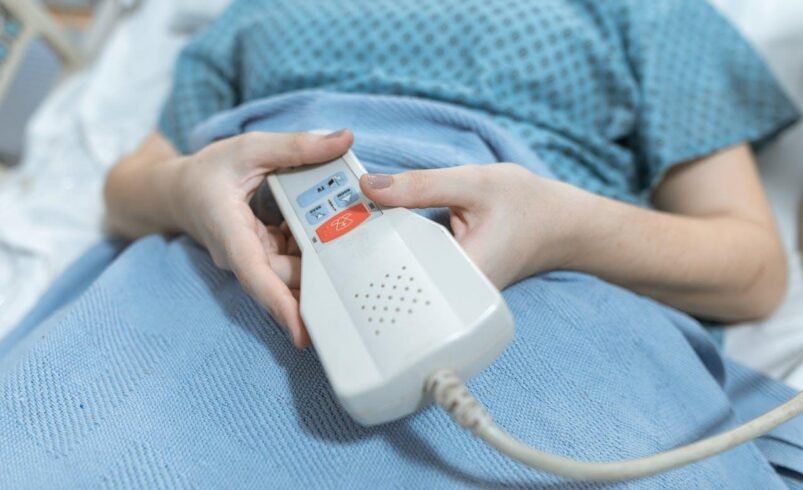4 Signs Your Elderly Relative Would Benefit from an Emergency Panic Button

It is heartbreaking and worrying to see an older member of your family undergo the process of aging. While we would love to still be able to honour their independence, their safety is the bigger concern. With panic buttons to be operated in times of need, older individuals and their loved ones can have confidence that assistance is within their reach as and when they need it.
It is not necessarily clear when your aging loved one might benefit from this safety device. But these are four common signs that an emergency panic button would be a valuable addition to their life.
1. They’re having more trouble with mobility or falling
The leading cause of injury among the elderly is a fall, and one in four adults aged over 65 will fall annually. If your loved one has been falling and/or experiencing near-misses over the past few months, that is clearly a sign a wearable emergency panic button can save their life.
Watch out for the difference in their gait, their balance, or their general mobility. Perhaps they are leaning more on the furniture these days to stay upright, or you catch them traversing from one room to the other more slowly and gingerly. Any one of these is a subtle indicator, usually preceding more overt mobility issues.
A panic button is particularly worth considering if your elderly person has ever fallen previously and struggled to get up or call for assistance. The possibility of remaining on the ground for hours with no way of accessing a telephone is a terrifying one to the senior and their loved ones.
2. They live by themselves and are independent
Alone does not necessarily mean your relative will need a panic alarm in an emergency, but isolation with other issues does increase risk. Those who are elderly and live alone have no one to assist in the event of an emergency, and these alarms are particularly valuable.
Think about how frequently your relative speaks with family, friends, or neighbours. If they do not speak with anyone for a few days or have few visitors, an emergency panic button offers a direct connection to aid when their usual supporting networks are not an option.
Social isolation also leads to or exacerbates depression and anxiety, as well as affecting their ability to respond in case of an emergency. Utilising an emergency panic button, one is always assured that help is always at hand, thereby eliminating fear of living alone.
3. They have a history of medical emergencies
Past medical crises or current chronic sickness make your loved one extremely susceptible to additional medical emergencies. In case your loved one has experienced heart attacks, strokes, seizures, or diabetes attacks, an emergency panic button is an essential safety item.
There may be underlying medical conditions like heart disease, diabetes, or lung disease that may cause instant medical emergencies. Those would usually have to be addressed by a specialist in an instant, and seconds literally matter. A medical emergency panic button allows you to call for medical help in time, even if your loved one cannot reach the telephone.
And consider whether your family member is taking a lot of medications or was in the hospital not long ago. Those are indicators of more medical complexity and opportunities for emergencies.
4. They express fear or concern for their welfare
The most compelling recommendation is possibly what your loved one has mentioned already. If they have mentioned that they are afraid of something going wrong if they were to fall, get an illness, or require some assistance, they are actually in need of more guarding.
Look for such statements as “What if something happens and no one comes to find me?” or “I don’t want to be left alone in the dark.” These are valid concerns for their own safety and mean they would like the security of an emergency panic button.
Other elders won’t tell you directly what they’re scared of but will let you know through a change in their behaviour. They’ll be less willing to go outside, more anxious than usual, or have their relatives call them more frequently.
Taking the Next Step Towards Safety
Recognising these signs is the first step to protecting your older loved one and yourself. Panic alarms for emergency use are now easy-to-use, high-tech devices with potential to dramatically improve the quality of life for the elderly and their families.
Start with an open and honest conversation with your loved one about his/her safety issues. Most elderly people prefer to be assured that their loved ones care and are concerned about their safety, and most would be more open to safety devices than you expect.



